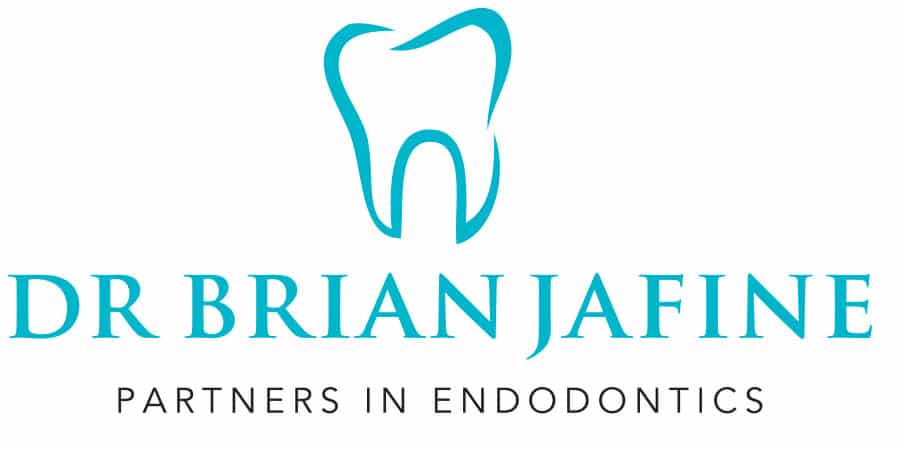
Endodontics
Our primary goal is to save your natural teeth whenever possible. Our practice specializes in Endodontics, commonly referred to as root canal therapy. Endodontics is the treatment of the pulp and surrounding tissues of a tooth. When root canal therapy is performed the pulp chamber of the tooth is removed and then filled with a suitable filling material. Root canals are most often necessary when decay has reached the nerve of the tooth or the tooth has become infected. People have anywhere from 1 to 4 canals in a tooth. Extra canals may branch out and are called “accessory canals.” The number of canals and anatomy of a tooth can vary. The word “endo” comes from the Greek language and means “inside” or within. Endodontists work with the “inside” of a tooth.
Endodontic Re-treatment
Occasionally a tooth that was treated months or years ago may develop new problems. In some cases a tooth that has received endodontic treatment fails to heal or continues to have pain. You may have a second chance to save the tooth with a second endodontic procedure.
Endodontic or Apical Surgery
In some cases it may be necessary to remove the infected root tips or apex and the nearby tissue. This is known as a apical surgery or an apicoectomy. The area around the apex of the tooth that is infected is cleaned, and the tip of the root is resected and sealed. Sutures are placed and an ice pack is applied. Medication is prescribed to help alleviate any pain or discomfort and it is best to plan to rest for the remainder of the day. Most patients will have some minor swelling and occasional bruising with some numbness.
Apexification / Apexogenesis
This is the treatment of a traumatized immature tooth to produce more favourable conditions for root canal therapy. With this procedure we remove the unhealthy pulp and place a paste material into the root canal system. This forms a hard barrier at the root tip, providing a stop for the root canal filling.
Regenerative Endodontics
The revascularization technique utilizes stem cells from the apical papilla to stimulate continued development of the immature root or roots in non-vital immature permanent teeth, and regenerate fibrovascular tissue in the pulp space. This is an alternative treatment to apexification.
Other Procedures
Some of the additional highly specialized procedures provided include root amputation, hemisection, post removal, removal of separated/broken instruments and bleaching of non-vital teeth. We also treat resorption (loss of bone, cementum and/or dentin) and traumatic injuries which include fractures or avulsions (‘knocked out” tooth).
Sedation Dentistry
We understand that many patients are anxious or nervous while attending the dentist. That’s why we offer sedation dentistry. Procedures may be performed with oral conscious sedation or nitrous oxide sedation for your convenience and comfort. We can also provide intravenous and general anesthesia (provided by a dental anesthesia specialist)